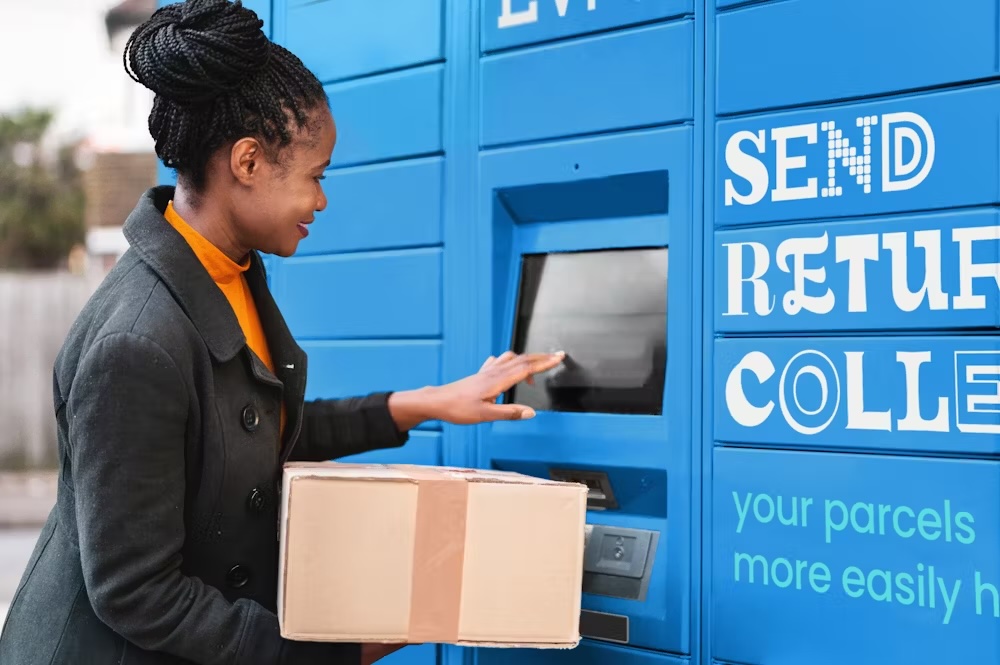In today’s InternetRetailing newsletter we’re reporting on how ecommerce and multichannel retailers are now dealing with the fast expansion of online sales over the last 18 months.
Asda says that having it doubled the capacity of its ecommerce business during pandemic lockdowns it now expects to offer 900,000 delivery or collection slots in the week before Christmas. It has 15,000 temporary jobs on offer as it looks to scale up for the rush. In doing so, it’s joining a lengthening list of retailers with thousands of jobs on offer. The question now is whether it will find the staff to take them up – at a time when both staff and product shortages are concerns for many retailers. Two pieces of recent research suggest that shoppers are already bringing forward their shopping plans in order to ensure they have the presents and the food they need.
Very and Matalan, meanwhile, are both putting automation to work in their businesses. Matalan is at a relatively early stage, having finished the first part of the automation project in its Knowsley warehouse, but it says the work will give it the capacity for its continued online expansion.
Very is further along the road, having put both a customer service chatbot and an automated fulfilment centre in place in recent years. Now it’s measuring the effect of those projects and has some interesting numbers, both for the number of calls handled by the chatbot and the effect on its customer service ratings – and the speed with which despatch and returns are now handled in its call centre.
So is the solution to staff shortages simply to automate ecommerce? The answer is more complicated. While automation can help retailers handle the sheer volume of simple requests, it cannot yet – and may never – handle very complex questions. But by taking the load off staff, it can free them to deal with those issues that need more time.
Right now, that includes dealing with climate change. Textiles and fashion have together been found to be the fourth most polluting industry and today we have two updates on what the industry is doing to improve that situation. First, we report on how fashion retailers, brands and other textile industry companies have measured up to their targets for 2020, set through the Sustainable Clothing Action Plan 2020 Commitment, and on the targets they are now setting for 2030. And we also report on how RXUK Top350 retailer Weird Fish has seen its sales of clothing from sustainable fabrics grow quickly in recent years. It’s now seeing demand for both organic cotton and bamboo clothing take off, especially during the current year as customer awareness rises.
In today’s guest comment, Nicole Armstrong of R/GA considers the influence the ‘metaverse’ could have on the future luxury customer. That comes in the week that it’s reported Facebook is looking to hire 10,000 people in the EU to build its own metaverse – which it says it will build responsibly.









